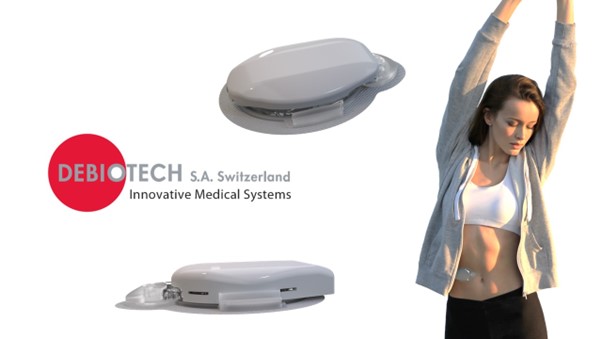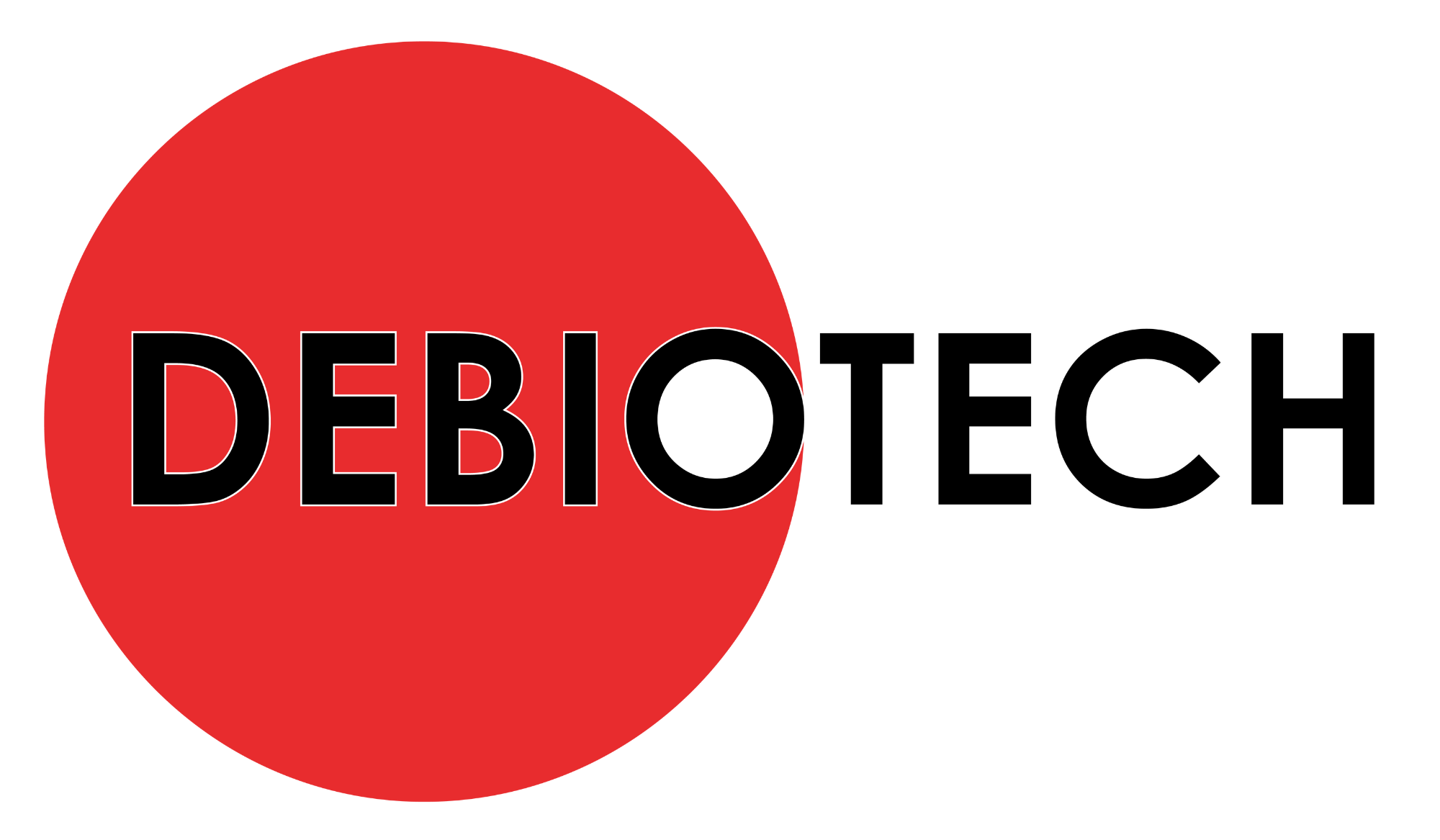
The need for on-body delivery systems has been driven by several factors, for example:
- Development of high-value drugs that are biologics, and some of these biologics have either a viscosity or/and an infusion volume that are too high for being delivered by a syringe.
- These drugs require specific dose timing, for example, the start time, or flow rate.
It was anticipated that these portable injectors would be widespread in many indications, but this has not yet happened. Why?
Many pharmaceutical companies prefer to administer drugs orally, if possible, because the oral route is well accepted by patients and the cost is relatively low. During the development of a new drug, these companies usually select vials or prefilled syringes as primary packaging, because these containers can be filled in validated and automated supply chains. Then, they would consider autoinjectors or pen injectors due to their increased usability. Wearable injectors are usually less cost-effective and require additional user interactions compared to the options discussed previously. Thus, the use of wearable injectors is only justified in specific applications that involve either a specific use case, like by example delayed injection, a viscous drug, a high injection volume or a very low injection rate. All these cases cannot be supported by the other options cited previously.
Finally, pharmaceutical companies expect to buy wearable injectors like a syringe or any other generic device. Their commodities teams want to purchase devices that are already available on the market and ready to be combined with their drug. They are reluctant to invest money in the development of a medical device that could delay the time to market and include development risks. On the other side, the device manufacturers cannot develop and get the market approval for a device that only fits one specific use case, since they would be totally dependent on a unique customer without the possibility to negotiate the price of their device. As a result, manufacturers tend to offer a device platform that can be quickly and affordably adapted to the specific needs of pharmaceutical companies.
Debiotech strategy
With respect to the above considerations, Debiotech decided to offer a platform of devices that can meet the specific needs of pharmaceutical companies. The platform is based on two specific pump engines:
- The MEMS pump that was developed for the JewelPUMP. This engine can be programmed either by the manufacturer, or the healthcare professional, or the patient himself, to set up delayed injection, multiple injection profiles, and reporting of the delivery process. In addition, this engine provides the highest delivery accuracy in the market at low flowrate (approximately ±5% at a rate below 1 µL/hr). This engine is intended to be used for drugs with a viscosity lower than 10 cP and for delivery rates smaller than 3.6 µL/min.
- The Poseidon engine uses the vapor pressure of liquefied gas as propellant. This engine is compatible with high viscosity drugs (up to 100 cP) and can offer delivery rates higher than 10 mL/min. This engine can be associated with a purely mechanical injector (no electronics, no software), which allows to obtain a low-cost device. Adding electronics and software enable delayed delivery, LED or buzzer signals to improve the user experience, and communication. The delivery rate is set during manufacturing and cannot be changed by the user.
The two engines are assembled onto the semi-rigid drug reservoir developed for the JewelPUMP that has demonstrated good compatibility with several drugs including different types of insulin and pegfilgrastim. The device can be programmed via a mobile app running on of the patient smartphone that can deliver delivery reports.
Different technologies developed by Debiotech were therefore combined to build a platform of wearable devices able of injecting most drugs currently on the market. On top of this technologies, Debiotech has the IP and the know-how to select and adapt the different sub-components to provide an on-body injector that will fulfill the demand of the pharmaceutical companies.
Debiotech for you
After 30 years of inhouse innovation design and development, Debiotech has decided to increase its impact in the medical and pharmaceutical industries by providing expert development services to inventive worldwide individuals, companies, and institutions.
Debiotech technical know-how include:
- Medical software design and development including embedded and standalone software, digital health and mobile apps as well as back-end and front-end cloud solutions & cybersecurity management activities
- Medical hardware design and development including mechanics, mechatronics, micro-mechanics, electronics, fluidics and Micro-Electro-Mechanical systems.
Debiotech innovation management expertise includes:
- Entrepreneurs or project managers support in the definition of their concept, in the identification and quantification of their market, in the definition of their development and regulatory strategy, in the definition of their business model, in the identification of possible partners and finally in their fundraising activities.
- Project management activities compliant with international industry standards and regulations: MDR, CFR 21 Part 820, ISO 13485 (Debiotech is certified by TUV Sud), IEC 62304, IEC 82304 Series, IEC 62366, ISO 14971, UL-2900 Series, IEC 60601 Series, IEC 10993 Series, ISO 14155, HIPAA and GDPR.


